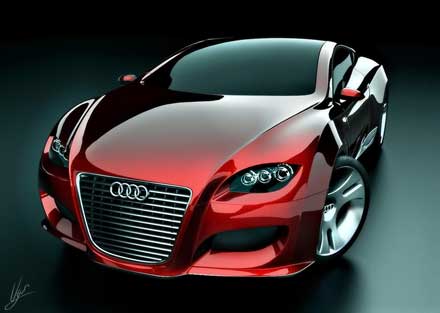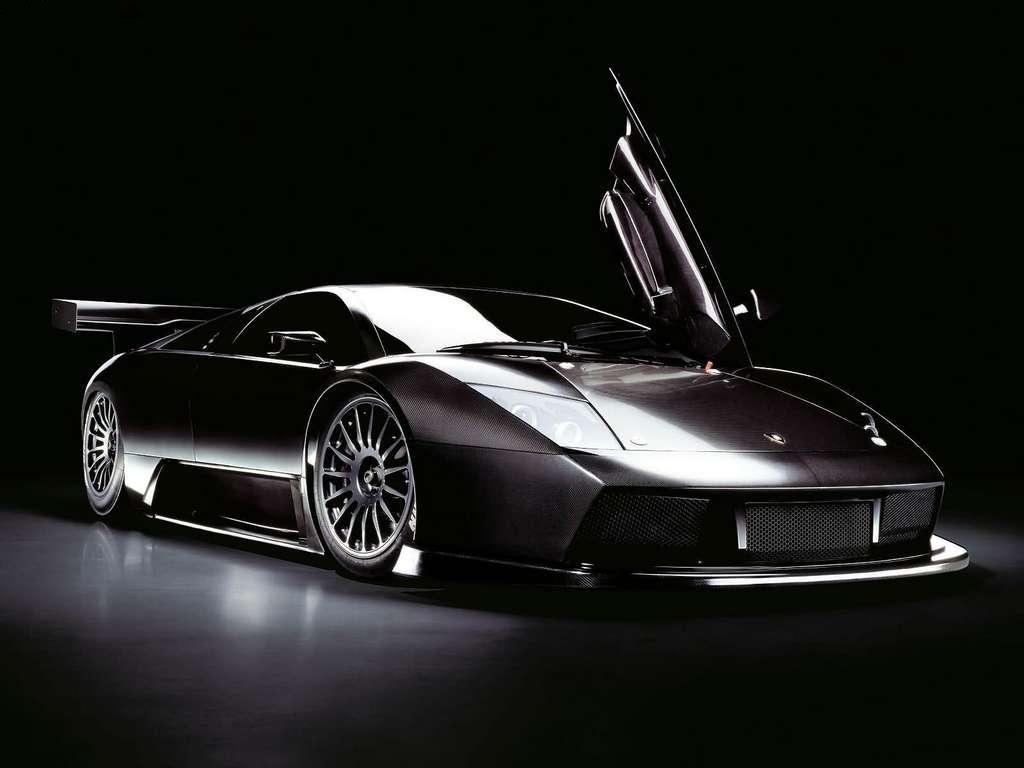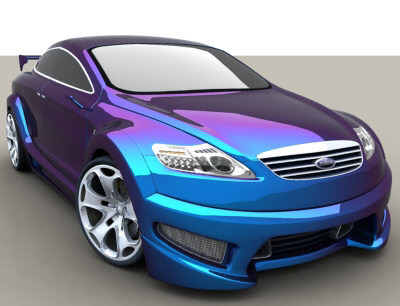 Diehard…part II
Diehard…part IIDaihatsu presents its european version of the Be-go compact SUV which will replace the Terios
Toyota’s sister company Daihatsu, will debut its second generation Terios 4x4 SUV at ‘The 76th
As you can see, the Daihatsu compact SUV could easily be mistaken for a shrunken RAV4, something that is not at all bad considering the former Terios design.
Under the hood lays a larger 1.5 litre engine with 105 hp, replacing the 1.3 of the previous Terios. I just hope that Daihatsu has vastly improved Terios on road driving handling as the previous model was let’s say, dangerous, at least…
PRESS RELEASE
· Totally new Daihatsu Terios 4x4 debuts at
· Considerably bigger than before with new 1.5 litre engine
· Genuine off-road ability – full-time 4WD with diff-lock
· Stylish, convincing SUV design but compact and agile
· ‘Politically Correct’ fuel economy – 40.4 mpg Extra Urban
· Lowest exhaust emissions in class at 186 g/km
· Four-door, five-seat body with space for mountain bike
· First European deliveries early May
· Unveiled in
Dynamic Design, Convincing Credentials
Its roomy, four-door, five-seat body succeeds in being compact yet practical, avoiding the bulk, high fuel consumption and negative image of some 4x4s.
Designed to appeal to young families and older people seeking the traditional 4x4 qualities of visibility, bad-weather traction and versatility, the new Terios also offers small car running costs and manoeuvrability.
Its turning circle is a tight 9.8 metres (kerb-to-kerb) for the S and SE and a still hatchback-like 10 metres for the bigger-tyred SX, while the SX body length is between that of the new Renault Clio and larger Megane.
Compared to the previous model, the new Terios 1.5 SX is 230 mm longer at 4,075 mm and a significant 190 mm wider at 1,745 mm. It is 45 mm higher but purely because of its standard roof rails. The entry-level ‘S’ model – which lacks roof rails – is actually 5 mm lower than before.
Greatly boosting the new Terios’s tough, stable stance are front and rear tracks measuring 1,450 and 1,480 mm respectively – a massive 145 and 170 mm greater than before. Meanwhile, the wheelbase – at 2,580 mm – grows by 180 mm.
Complementing this are especially large 16 ins wheels for all models with either 215/65R tyres for the entry-level Terios 1.5 S manual and higher-spec SE automatic or beefy 235/60R tyres for the manual SX.
Versatile Interior
The versatile interior offers mid-sized hatchback passenger space with a clever split fold-and-tumble rear seat which liberates a 1,290 mm maximum floor length – long enough to take a mountain bike.
Even with the rear seat in use the 380 litre capacity boot is capable of taking four 45" golf bags, four vertically-stacked mid-sized suitcases or a typical baby buggy. Most models also have load-floor securing hooks.
Sprightly, Efficient Powertrain
Based on the Sirion’s 1.3 litre DOHC 16-valve petrol engine, the new Terios has a larger 1.5 litre capacity, producing 105 PS at 6,000 rpm and a flexible 103 lb. ft of torque at 4,400 rpm.
Top speed for manual models is almost 100 mph and over 93 mph for the automatic, while the Terios 1.5 S manual records 40.4 mpg on the Extra Urban Cycle and the Terios 1.5 SE automatic not far behind at 39.8 mpg.
The short-throw five-speed manual gearchange is light and slick, while the four-speed automatic is both quick-reacting yet capable of selecting a higher gear during more gentle driving, aiding fuel economy and refinement.
Meanwhile, all new Terios models have a full-time 4WD system with a fixed 50/50 front to rear torque-split and centre differential which eliminates axle wind-up – the phenomenon of the steering becoming increasingly heavy on full-lock.
Because of this 50/50 torque split, high-speed stability and slippery surface traction is greatly enhanced compared to most rivals. These models are usually rear-wheel drive with selectable 4WD or effectively front wheel-drive, only calling on 4WD when sensors detect wheelspin.
A fascia-mounted switch activates the electronically-controlled differential-lock. This further aids traction in mud or deep snow, while short front and rear overhangs and a 190 mm ground clearance also signal serious off-road ability. The new Terios has a front approach angle of 38 degrees with a rear of 37 degrees.
The compact engine is mounted in-line, followed by the gearbox. A centre differential transfers torque to both the front and rear axles via two separate propeller shafts.
Sporty Handling From New Chassis
The new Terios benefits from a totally new monocoque platform with a revised chassis tuned for car-like, confidence-inspiring handling with vastly improved ride and stability compared to the previous model.
Aided by its considerably wider front and rear tracks, the new Terios features front MacPherson struts, lower wishbones and an anti-roll bar.
The five-link rear suspension has variable-rate coil springs and near vertical rear shock-absorbers which improve damping and therefore comfort, pitch and roll.
Compared to the old Terios, the front anti-roll bar is of a new design, the revised hydraulic power-assisted rack-and-pinion steering gear achieves excellent accuracy and feel, while the bump stops better control axle articulation.
In addition, an increased shock-absorber rebound stroke improves rough terrain driveability.
At the rear, a new lateral rod reduces axle squirm and benefits refinement, a newly-designed upper control arm enhances stability, a new shock-absorber reduces brake judder and a longer suspension stroke improves ride comfort.
Other rear suspension improvements include a more compact design resulting in a lower boot floor and a new design of spring and lower control arm which reduce rear differential noise.
Outstanding Safety Measures
The new Terios has outstanding safety measures with in-house tests giving results equal to a Euro NCAP 4-Star occupant protection and 3-Star pedestrian protection.









